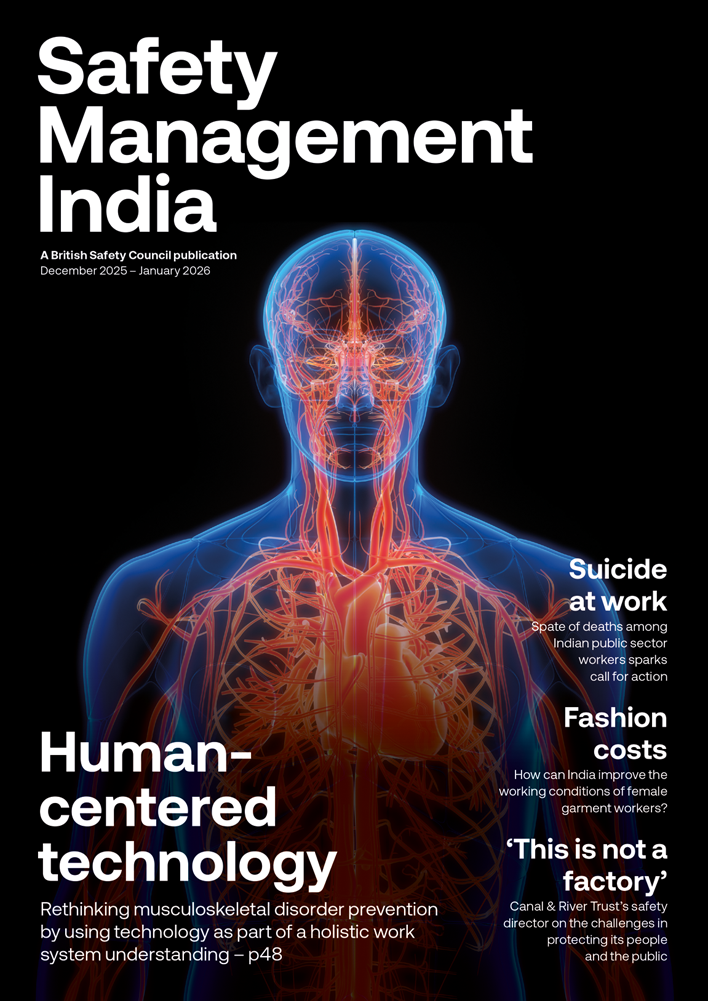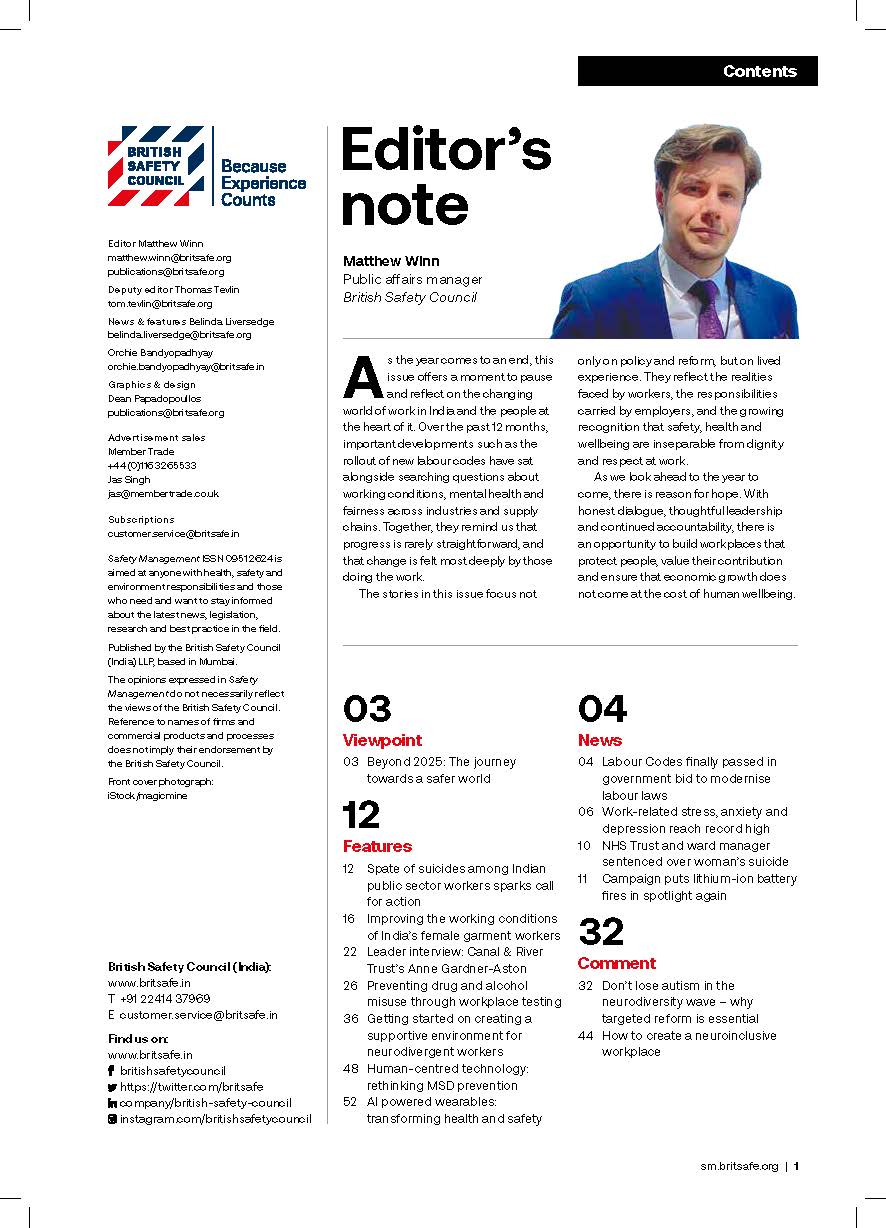Just 30 per cent of women who took time off to deal with the menopause shared the real reason with their employer or line manager, a study by the Fawcett Society has found.
Features
Employers must challenge stigma of menopause, says new report
Almost four in ten women – 39 per cent – out of the 4,014 women surveyed gave anxiety or depression as the reason, and a fifth gave other physical illnesses as an explanation.
These women’s decision not to share their menopausal status cannot be criticised, says the report, which was sponsored by construction company the Wates Group. A mass of evidence shows that women face stigma in workplaces, including experiencing or seeing menopause treated as a joke by colleagues.
The report, which features research conducted for a Channel 4 documentary airing tonight hosted by Davina McCall, also explores the impact of symptoms on women as well as whether the symptoms were common.
 Menopause is still treated as a taboo in workplaces, with women carrying shame and the burden of concealing their experiences, says the report by the Fawcett Society
Menopause is still treated as a taboo in workplaces, with women carrying shame and the burden of concealing their experiences, says the report by the Fawcett Society
More women described difficulty sleeping (84 per cent) and brain fog (73 per cent) as difficult than hot flushes or night sweats (70 per cent), challenging presumptions that menopause is about the hot flush.
Other women said that anxiety or depression (69 per cent) and joint pain or stiffness (67 per cent) were ‘very’ or ‘somewhat difficult’ symptoms. Less commonly understood symptoms, which nonetheless had a significant impact on women, were heavy periods (44 per cent), heart palpitations (41 per cent) and urinary tract infections (39 per cent). All these were described as difficult by over a third of menopausal women.
One in ten women who worked during the menopause left their job due to their symptoms.
“These latest findings show how menopause is still treated as a taboo in workplaces, with women carrying shame and the burden of concealing their experiences,” says the report.
The Fawcett Society calls on employers to challenge stigmas by having a menopause action plan in their workplace, which could include getting senior leaders to make statements about menopause to raise awareness and having a policy for staff to take time off for menopause reasons.
“These findings set out a damning picture of work in the UK for menopausal women,” concludes the report. “Very few women we surveyed described their employers taking even simple steps to support them in the workplace, or provide information that could prove life changing.”
Read the report: https://www.fawcettsociety.org.uk/menopauseandtheworkplace
FEATURES

The price of fast fashion is not pretty
By Orchie Bandyopadhyay on 11 December 2025
The largely female workforce in India’s garment manufacturing industry faces long hours, low wages and poor working conditions, and campaigners say it is time the Indian government and international clothing brands took tougher action to improve working conditions, pay and employment rights.

Suicide at work: a major problem in India
By Orchie Bandyopadhyay on 11 December 2025
Recent reports of suicides among workers ranging from police officers to electoral roll officials have prompted calls for employers and government agencies to do more to both reduce excessive workloads and provide better mental health support at work.



